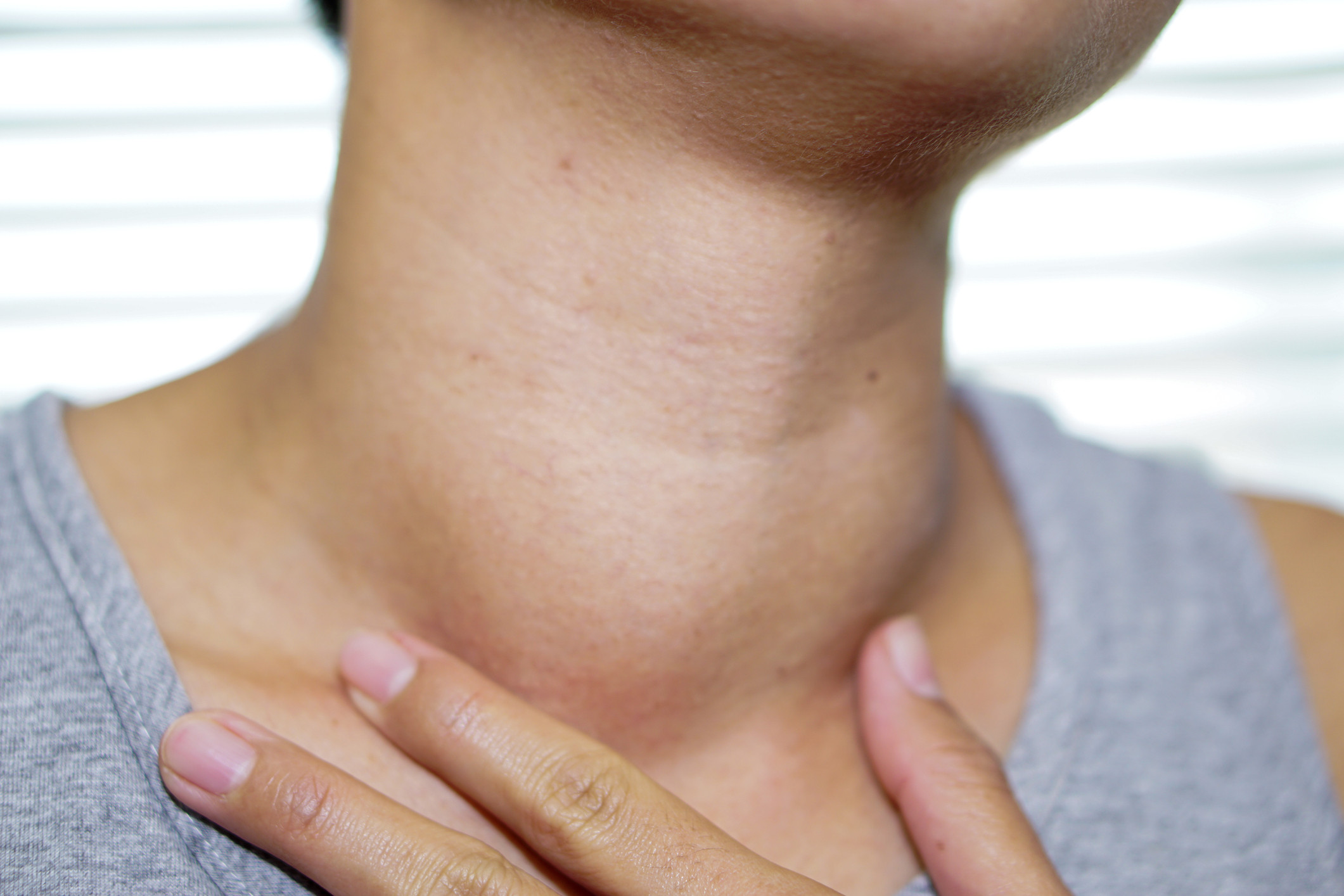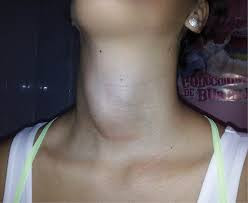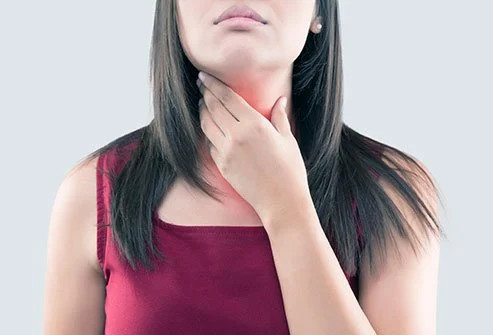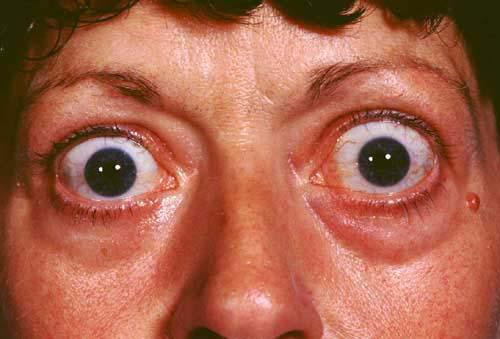Definition
TSH (thyroid-stimulating hormone) test is a laboratory procedure designed to measure TSH levels in the blood. This test aids in diagnosing thyroid disorders and assessing thyroid gland function.
The thyroid gland, a small butterfly-shaped organ located near the throat, produces hormones that regulate metabolism. These hormones also play a significant role in controlling body weight, temperature, muscle strength, and mood.
TSH is produced by the pituitary gland in the brain. When thyroid hormone levels drop, the pituitary gland increases TSH production to stimulate the thyroid. Conversely, when thyroid hormone levels rise, the pituitary gland reduces TSH output. As a result, abnormally high or low TSH levels may indicate thyroid dysfunction.
Imbalances in TSH levels may signal conditions like hypothyroidism (underactive thyroid) or hyperthyroidism (overactive thyroid).
Doctors may request a TSH test when there are symptoms or signs suggesting thyroid gland dysfunction, such as hypothyroidism or hyperthyroidism.
Some of the symptoms of hyperthyroidism may include anxiety, unexplained weight loss, trembling hands (tremors), increased heart rate, bulging eyes, and sleeping difficulty.
On the other hand, symptoms associated with hypothyroidism include weight gain, fatigue, hair loss, sensitivity to cold temperatures, irregular menstrual cycles, and constipation.
The TSH test involves analyzing a patient's blood sample with specific reagents to determine TSH levels. If the test shows that you have high TSH concentrations, it may indicate hypothyroidism, or underactive thyroid function. Meanwhile, low TSH concentrations may indicate hyperthyroidism, or overactive thyroid function.
Abnormal TSH values are typically followed by additional thyroid function tests, such as T3 and T4 hormone evaluations, to achieve a more precise diagnosis.
Indications
A TSH test is commonly performed under these conditions:
- To aid in diagnosing thyroid gland disorders.
- To evaluate thyroid function abnormalities in patients presenting with specific symptoms.
- To monitor thyroid disease progression after treatment.
- To screen individuals at high risk of thyroid disorders, such as those with a family history of thyroid conditions.
Contraindications
There are no known contraindications preventing someone from undergoing a TSH test.
Preparation Prior to Test
No special preparation is required for a TSH test, and fasting is not necessary. However, it is recommended to consult a doctor beforehand, as certain conditions may affect test results and not accurately reflect the patient’s thyroid function.
Test Procedure
The TSH test typically requires a blood serum sample (0.25–0.5 ml) drawn from a vein, and the sample will be collected into a blood tube. The laboratory staff will wear gloves and PPE before drawing your blood sample. They will put an elastic band to the arm and sterilizes the puncture site with antiseptic.
Blood is collected from a vein, typically in the elbow area, using a sterile needle. The sample is transferred into a special tube, after which the elastic band is removed. The puncture site is cleaned, and the area is pressed to stop bleeding. The procedure is quick, typically completed in minutes, and the blood sample is analyzed in a laboratory. Results are often available within a few hours.
Normal and Abnormal Values
TSH normal values vary by age. In general, the normal values of TSH can be seen on the following table:
|
Age |
Value (Miu/L) |
|
0–5 days |
0.7-15.2 |
|
6 days–2 months |
0.7-11.0 |
|
3–11 months |
0.7-8.4 |
|
1–5 years |
0.7-6.0 |
|
6–10 years |
0.6-4.8 |
|
11–19 years |
0.5-4.3 |
|
> 20 years |
0.3-4.2 |
If the results of the test exceed the normal range mentioned above according to age, it can suggest that you have high TSH values.
On the other hand, if the results of the test are below the normal range as stated above according to age, it can be interpreted as low TSH values.
However, the reference ranges may vary slightly between laboratories due to differences in guidelines and equipment. Always interpret results in consultation with a healthcare provider.
Results and Recommendations (Follow-up Tests)
Low
If your TSH test results are low, it may indicate hyperthyroidism. However, TSH tests should be followed by additional tests, such as T3 and FT4, to gain a comprehensive understanding of the condition.
Medical conditions associated with low TSH levels include hyperthyroidism, graves' disease, toxic nodular goiter (enlarged thyroid with nodules), high iodine intake from certain foods, or use of specific medications, such as steroids.
Self-diagnosis is not recommended even if TSH values are low. Consultation with a doctor for physical examination and medical advice is necessary if symptoms or concerns arise.
Normal
Normal TSH results typically indicate a healthy thyroid function and suggest you are maintaining a balanced lifestyle. In the absence of symptoms or clinical signs, no thyroid abnormalities are likely.
To continue preventing thyroid dysfunction, it is advisable to sustain a healthy lifestyle through proper nutrition, regular physical activity, and routine health check-ups.
High
If TSH levels are elevated, it may point to hypothyroidism. Consultation with a doctor is essential to determine the cause.
Conditions commonly associated with high TSH levels include hypothyroidism that can also comprises Hashimoto's disease, severe acute illness, malnutrition or fasting conditions, or use of certain medications.
As with low TSH results, self-diagnosis is discouraged. Visit a healthcare provider for further testing and personalized medical guidance.
Consult the Right Doctor
Adults can consult a general practitioner for an initial evaluation or an internist specializing in metabolism and endocrinology for more advanced care. Pediatric patients with abnormal TSH levels should be referred to a pediatrician for appropriate assessment and treatment.
Looking for more information about laboratory, radiology, and other examination results? Click here!
- dr Anita Larasati Priyono
Mayo Clinic Labs. TSH. 2022 April. https://www.mayocliniclabs.com/test-catalog/Overview/8725
Medline Plus. TSH (Thyroid-stimulationg hormone) test. 2020 July. https://medlineplus.gov/lab-tests/tsh-thyroid-stimulating-hormone-test/
Medline Plus. TSH test. 2020 January. https://medlineplus.gov/ency/article/003684.htm
Medscape. Thyroid-stimulationg hormone. 2019 November. https://emedicine.medscape.com/article/2074091-overview











